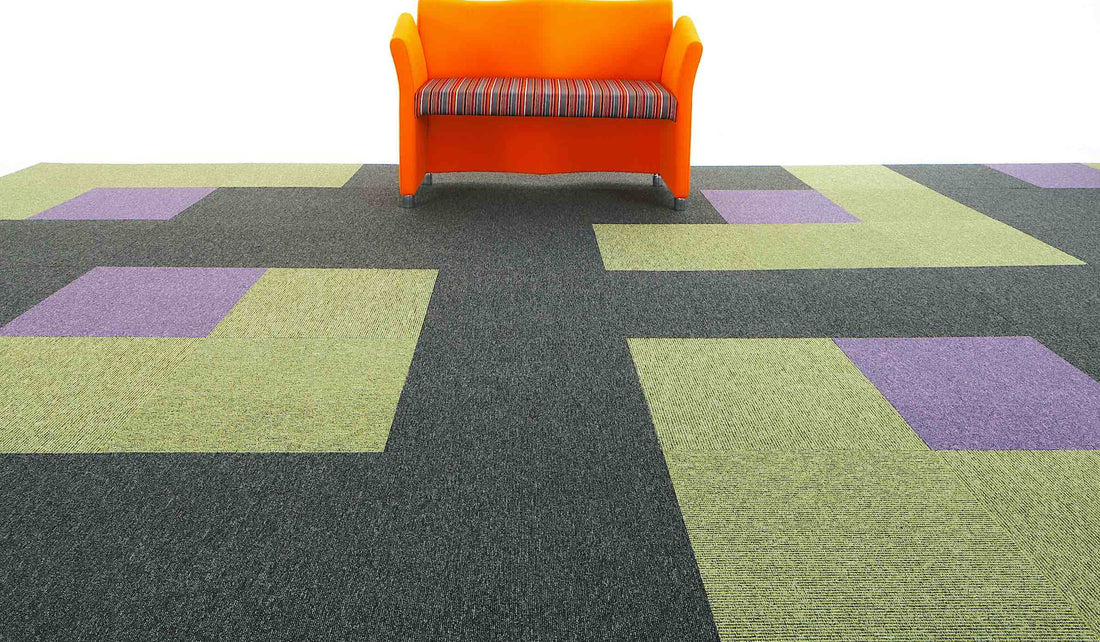
Carpet Tiles
Share
Carpet tiles are a popular flooring option for both residential and commercial spaces. But what makes them different from traditional broadloom carpeting? Let's dive into the science behind carpet tiles to understand their unique characteristics and benefits.
What are Carpet Tiles Made of?
Carpet tiles are typically made from a variety of materials, including nylon, polyester, polypropylene, and wool. These materials are woven together to create a durable and versatile flooring solution.
How Do Carpet Tiles Compare to Broadloom Carpet?
Unlike broadloom carpet, which comes in large rolls, carpet tiles are smaller, individual pieces that can be easily installed and replaced. This modular design allows for greater flexibility in design and maintenance.
What are the Benefits of Carpet Tiles?
Carpet tiles offer several advantages over traditional carpeting. They are easy to install, making them a popular choice for DIY projects. Additionally, if a tile becomes stained or damaged, it can be replaced without having to replace the entire floor.
Are Carpet Tiles Environmentally Friendly?
Many carpet tiles are made from recycled materials, making them a sustainable flooring option. In fact, some manufacturers offer eco-friendly carpet tiles that are recyclable at the end of their lifespan.
How Do Carpet Tiles Perform in High-Traffic Areas?
Carpet tiles are known for their durability, making them ideal for high-traffic areas. The individual tiles are designed to withstand heavy use and can be replaced as needed to maintain the appearance of the floor.
As you can see, carpet tiles offer a practical and versatile flooring solution for a variety of spaces. Whether you're looking to update your home or office, consider the benefits of carpet tiles for a stylish and functional flooring option.
